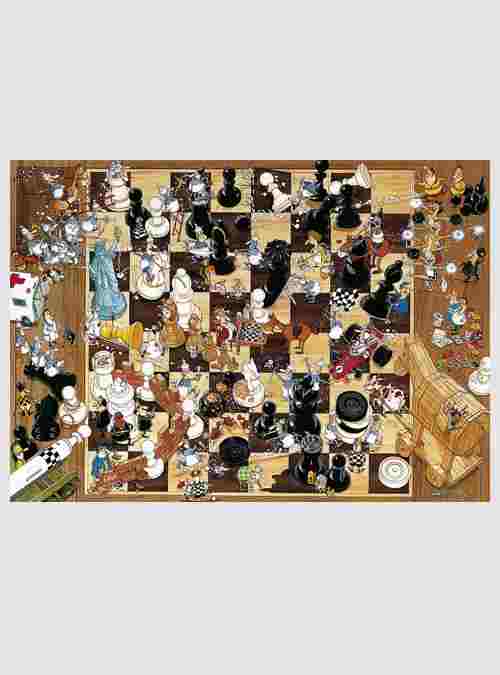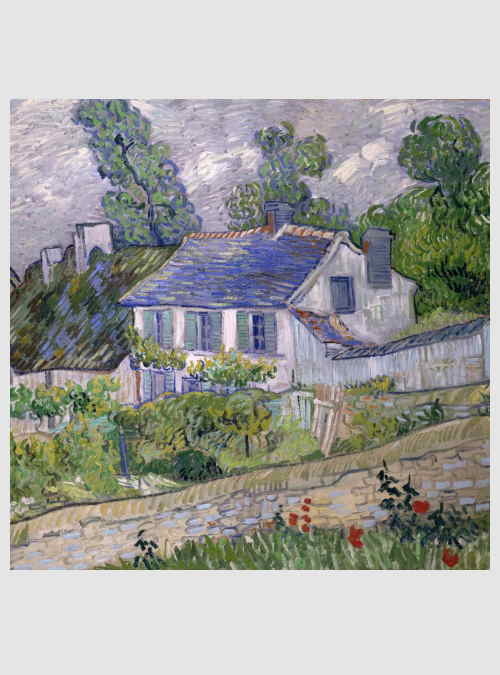The history of chess is lost in the depths of the ages. Games related to chess were played in ancient times in the regions around Greece and Egypt all the way to China.
However, it has remained impossible to this day to determine who invented the game and when. The most plausible theory suggests that chess originated in India and was conceived by Brahman Sisha. This is mainly based on the story of seed doubling.
According to tradition, the local ruler of the region where Sisha lived, called him to present the game he had invented. The ruler was so enthusiastic about it that he wanted to give Sisha a great reward. The wise man asked for as many grains of wheat as it was possible to stack on the 64 squares of the chessboard, placing one grain on the first square, two on the second, four on the third, and so on, doubling the grains on each next square.
The ruler considered the request insignificant at first but he was astonished to realize that all the wheat of his region would not be enough to fill the chessboard.
Indeed, for all 64 squares it would take 18.446.744.073.709.551.615 grains corresponding to the huge quantity of 977.677.436.907 tones of wheat!







